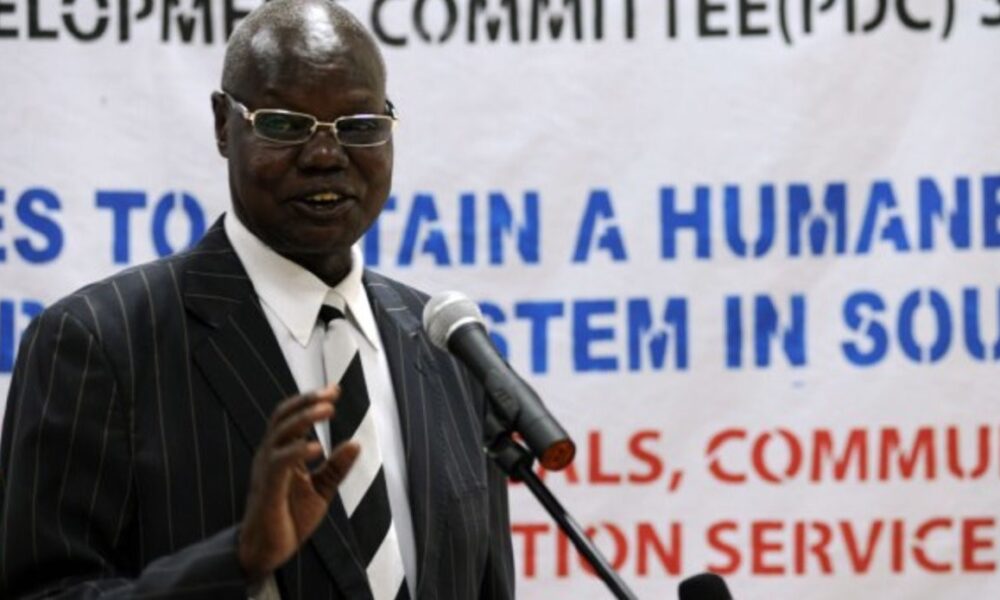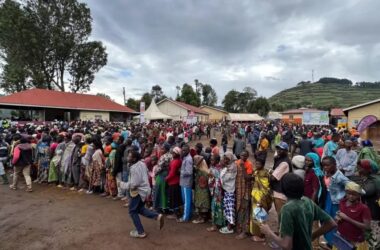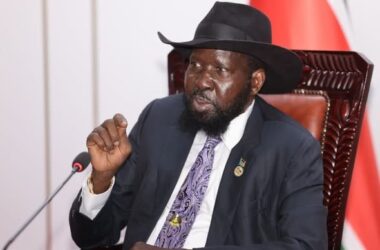By Philip Buda Ladu
The President of the Judiciary of South Sudan, Chief Justice Chan Reec Madut, said they have started training judges on how to handle election-related disputes ahead of the December 2024 polls.
Justice Reec made the statement after administering the oath for the State High Election Committee’s members in Juba on Thursday.
He noted that the judiciary conducted the training in collaboration with a German organization called Max Planck.
He emphasized that it is their collective responsibility with the National Elections Commission to ensure that they deliver a free and fair democratic exercise.
“As the judiciary, we have also started training judges on election disputes. We have done this in collaboration with a German organization called Max Planck,” he told participants at the event yesterday.
“All the judges except 20 are not trained, but we are going to train the other 20 so that they know that in all the polling stations they will be there if there is any election-related dispute,” he continued.
Justice Reec advised the electoral officials to stay neutral, saying God will judge based on their work performance.
“Bear in mind that it’s our responsibility. Our personal interests are not there at all; in the end, it is God who is going to judge us,” he stated. “This is a big responsibility on your neck; take care of it. Like we did during the referendum, after which we became independent, take this very seriously.”
The national election commission has announced December 22, 2024, as the date for the conduct of the long-delayed first-ever election for South Sudan to conclude the transitional period brought about by the 2018 peace deal, which has been extended twice.
The Political Parties Council (PPC) has also announced a closer of registration window for parties aspiring to participate in the December polls.
It cited the PPC Act, which states that any political parties that aspire to participate in the elections should register 180 days prior to the date of voting.
However, a political climate still hovers over the fate of the December elections, as the presidency is expected to decide on the conduct of the polls after the high-level implementation committee for the peace roadmap submitted a review report on the implementation progress and whether the environment will allow free and fair democratic exercise.




